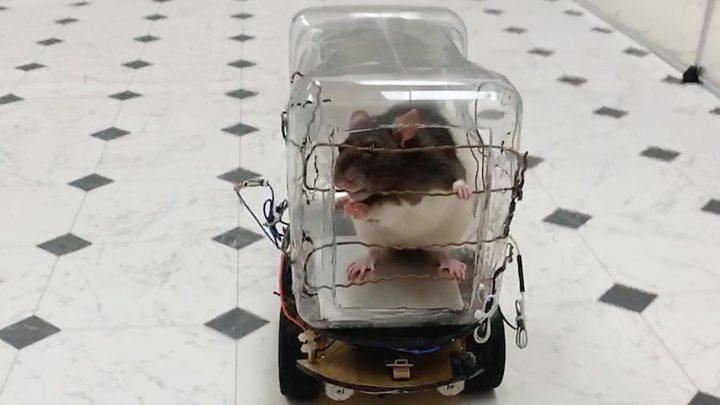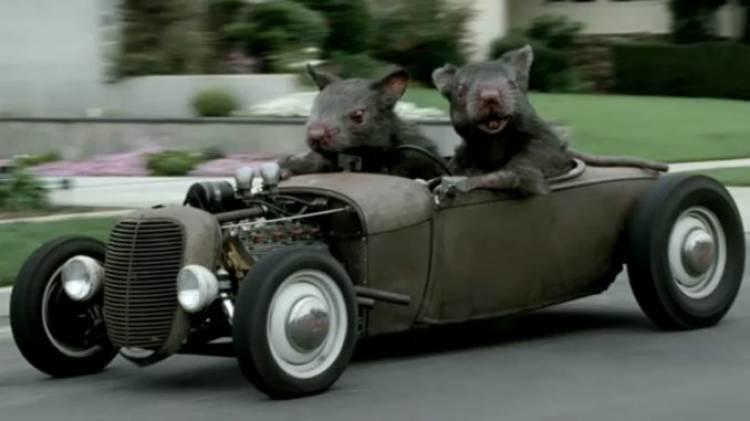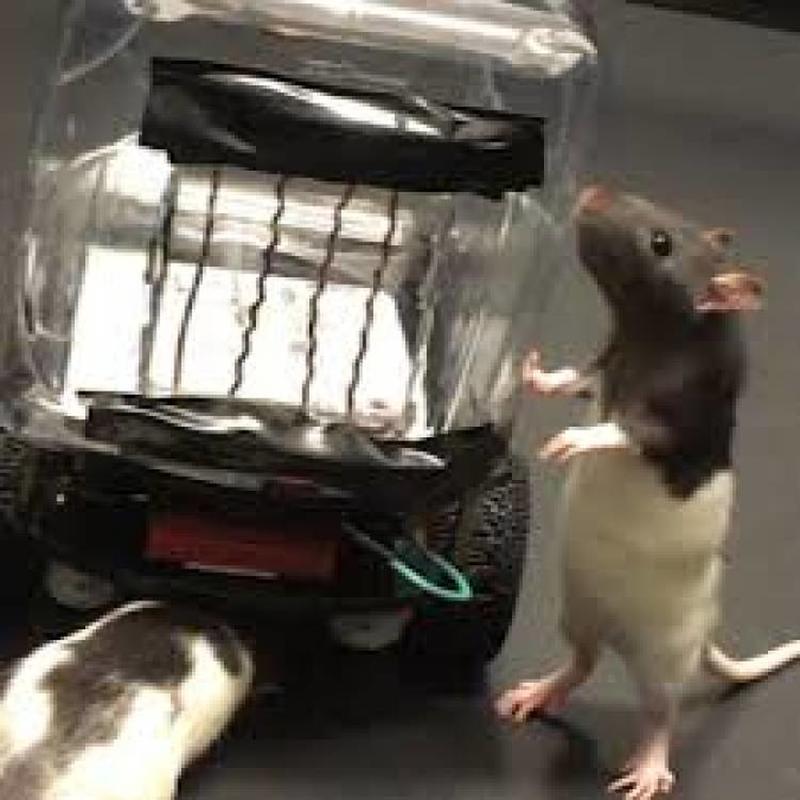There are certain types of animals that us humans regard as being especially intelligent and worthy of our respect. For example, we don't have much respect for ants, but then you look at animals like the dolphin or a chimpanzee and we have a huge amount of respect for those animals.
When an animal shows human-like qualities, we end up thinking twice about the way that we treat these animals. It is a big reason why the vegan movement has gained momentum. People are beginning to see animals like cows as intelligent beings that we shouldn't slaughter carelessly.
While compassion seems to be growing, there are still many different animals that we don't seem to care for. One such animal is the rat. Rats are often experimented on because their DNA is close to ours, but they might be more like us than we even thought. That's because they enjoy driving.

We have all heard about the strange and complex things that lab rats have been trained to do. Some of those include navigating mazes, pushing levers, or playing simple games like hide and seek. You can now add "driving cars" to that list of interesting things. Scientists have used Froot Loops to coax rats into driving tiny cars - and they actually enjoy it.

This sounds like fodder for a funny internet video, but in actuality it was all part of a study with an important purpose. The University of Richmond conducted the study so they could study how tasks like driving affect the brain. The goal of the study was to figure out how to treat anxiety and depression. Kelly Lambert is the co-author of the paper which was released in the journal Behavioural Brain Research.
Lambert said, "The rat is an appropriate model for the human brain in many ways since it has all the same areas and neurochemicals as the human brain - just smaller, of course. Although humans are more complex than rats, we look for 'universal truths' about how brains interact with environments to maintain optimal mental health." While driving can be stressful for many of us humans, the rats actually benefited from the activity. Their poop was analyzed for stress hormones and stress-busting hormones. Driving seems to lower their stress hormones and increase their stress-busting hormones.

"We concluded that the rats that actually learned to drive had a greater sense of control over their environment that was accompanied by increased DHEA - something like a rodent version of what we refer to as self-efficacy or agency in humans."
The cars were made of clear plastic food containers, wheels, and copper bars for steering wheels. Some rats were given other fun activities while other rats were left with a plain enclosure. That way the scientists could ascertain whether it was the driving or something else that was elevating the rat's mood.

"Being in an enriched environment had a positive effect on the mice - it allowed them to master a skill they otherwise wouldn't have. Even after we stopped putting the Fruit Loops out to reward the mice, those in the enriched environment still had positive associations and were able to drive for four days after the experiment ended ... The study suggests that learning a new task and placing oneself in a stimulating environment can advance our health." This is in line with other experiments that show that it's good for the brain to learn new skills.